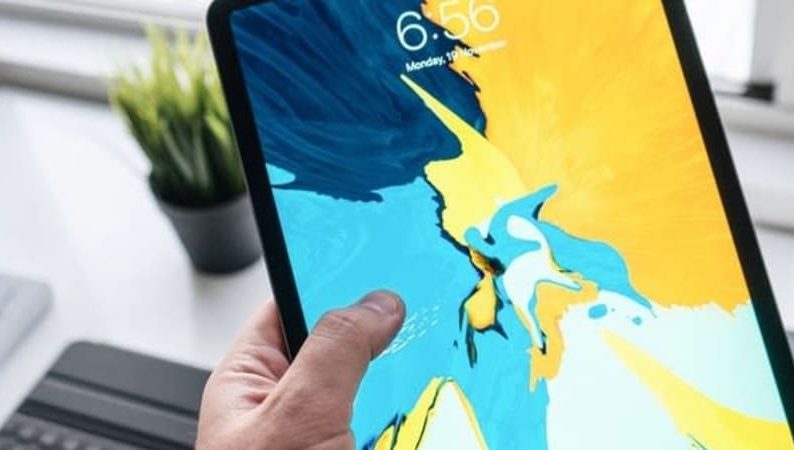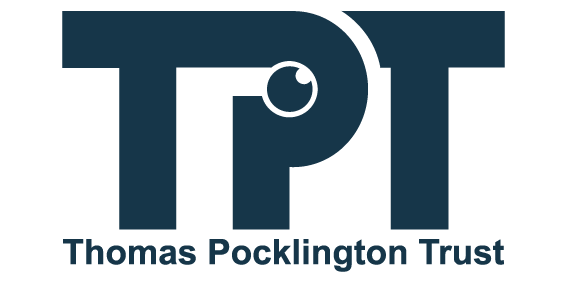Kate Ramsden works for a legal firm, as a Legal Support Call Handler and is the first vision impaired person it has ever employed.
Being visually impaired (VI), Kate brought a new perspective to the company to streamline how the switchboard team operate.
Born with Retinopathy of Prematurity (ROP), Kate only has light perception and colour contrast. She works with a team of six call handlers who field incoming calls to the company’s 700 employees across eight sites. This involves either transferring the call or relaying messages.
Her After Shocks bone conduction headphones enable her to hear her JAWS screen reader while she takes (and hears) the customer calls through a standard headset.
She said: “This enables me to do the same job as my colleagues. There are no role adjustments. I do exactly the same as the rest of the team.”
When she joined in 2015 the team used multiple systems to log the call on a spreadsheet, update the CRM and send the missed call messages across the organisation. The systems did not initially work with Kate’s screen reader so the IT team quickly built a new system that uses a single webpage for all elements of the role. This proved so much more efficient in terms of call handling speed, the company adopted the system for the whole team.
Kate explained: “With just one screen to populate rather than four different windows to work on, it took me a lot less time to process each call than my colleagues. So, they decided everyone should use this accessible platform to do the job.”
Her employer is part of the ‘Disability Confident’ scheme and actively support diversity in its workforce. Kate describes her employer as inclusive, diverse and flexible with a genuine determination to support employees. She said: “There are lots of women in senior positions – which I think is unusual for legal firms. We also have lots of employees with disabilities and the company works with charities that support people with autism.
“I am the longest serving member of my team and regularly stand in for my manager when he is not in the office. He makes sure all reports are accessible for me and sends material in advance of meetings.”
She is also the floor’s representative on the company’s Green Champions initiative which looks at ways the firm can be more environmentally friendly.
Kate said: “Everyone I work with is really supportive. When my guide dog Mitsy retired, the team threw a retirement party for him. There is real camaraderie here. I enjoy working with my team and find it rewarding when I know I have given good customer service and helped a customer in some way.”
Living in Bolton, Kate takes a train and a tram to reach the offices in Manchester. She said: “It takes an hour and half each way but I have got my guide dog and have just got used to it. I often get asked what I am doing travelling at rush hour and some people are surprised that I work.
“I hate it when people say ‘You are amazing! You’ve got a job’! For me – it’s just normal.”
Kate, 26, graduated in 2015 with a degree in Management, specialising in HR. While studying for her final year she applied for more than 200 jobs. She was offered the role with the legal firm on the week of her graduation and started a fortnight later.
She said: “My advice for blind and partially sighted people looking to get on the career ladder is keep going, stay determined, something will come up!”
While working, Kate continued to study during the evenings for a Masters in HR Management and Development as well as a CIPD (Chartered Institute of Personnel and Development) qualification level 7. She achieved both in 2018. She said: “I would like to get a job in HR eventually to use my qualifications”.
The equipment Kate uses for her role was provided to her through the government’s Access to Work scheme. She said: “I had a good understanding of the job so I knew what accessible technology I would need. I called Access to Work* on the day I received the job offer to get the ball rolling and organise JAWS voiceover software and a bone conduction headset.”



